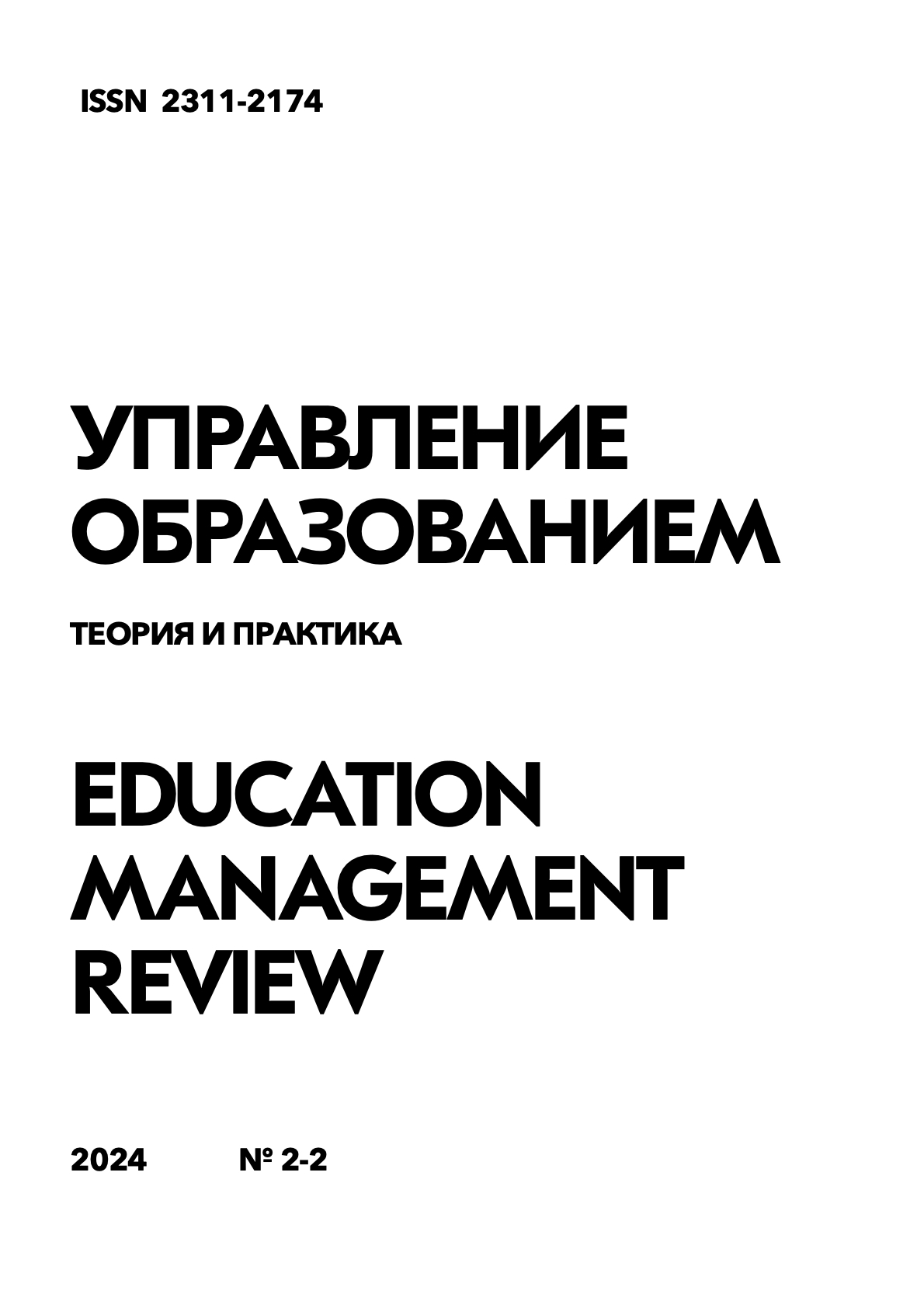The influence of traditional Chinese musical culture on the formation of expressiveness in choral singing of students in Russia
DOI:
https://doi.org/10.25726/v3892-2566-5614-jKeywords:
traditional Chinese music, choral singing, expressiveness, student groups, cross-cultural influencesAbstract
Traditional Chinese musical culture has deep roots and a rich history, having a significant impact on various aspects of musical art around the world. This article examines the influence of the Chinese musical tradition on the formation of expressiveness in the choral singing of students in Russia. The aim of the work is to identify specific elements and techniques borrowed from Chinese music and analyze their role in the development of expressive capabilities of Russian student choirs. The study is based on an analysis of 25 Russian student choral groups (with a total of 487 participants) from 12 regions of Russia. The methods of musical theoretical analysis, comparative analysis, questioning, interviewing and statistical data processing were used. The repertoire of the groups, the peculiarities of performance, the vocal techniques and techniques used, as well as the subjective perception by the participants of the influence of Chinese music on their performing skills were studied. It was revealed that 76% of the studied choral groups include works based on traditional Chinese music or containing elements of it in their repertoire. The most frequently used elements are pentatonic frets (found in 64% of the works), specific melisms (48%) and ornamentation (35%). 82% of choir directors note the positive influence of Chinese music on the development of expressiveness and technical skills of performers. Among the band members, 78% indicate an expansion of their musical horizons and 65% note an improvement in intonation and sound production skills.
References
Ведерникова М.А. Деятельность отечественных танцовщиков и балетмейстеров эмигрантов первой волны в Китае (на примере творчества В.К. Ижевского) // Исторические, философские, политические и юридические науки, культурология и искусствоведение. Вопросы теории и практики. 2012. № 10. Ч. 2. С. 40-44.
Го Л. Китайская балетная школа неразрывно связана с русской. 2020.
Иванов В.А. Сяо Сухуа: «Становление классического балета в Китае – заслуга русских педагогов» // Самарские известия. 2009. № 146.
Курапова Е.Р., Мясников В.С., Чернобаев А.А. Китайская Народная Республика в 1950-е годы. Сборник документов: В 2 т. Под ред. В.С. Мясникова. Т. 2: Друг и союзник нового Китая. М.: Памятники исторической мысли, 2010. 526 с.
Ли Сяоцзя, Ян Сяоюань. Способы наследования национального китайского вокального музыкального искусства в современном контексте мультикультурализма // Мир комедии. Тяньцзинь, 2021. № 10. С. 96-97.
Ли Фэнчунь. Размышления о феномене национальной культуры вокального творчества и исполнительства в Китае // Большая сцена. Чунцин, 2022. № 5. С. 106-107.
Ма Лянь. Современное значение традиционного китайского вокального наследия // Art Research. Шэньчжэнь, 2019. № 2. С. 106-107.
Никитин В.Ю. Мастерство педагога в современном танце. М.: ГИТИС, 2011. 472 с.
Сюй Кейин. Анализ развития национальной вокальной культуры на территории Китайской Народной Республики // Contemporary Music. Шанхай, 2020. № 12. С. 70-72.
Торгашов В.Н. Теория и история хореографического искусства. Орел: Орловский государственный институт культуры и искусства, 2004. 368 с.
Худеков С.Н. Искусство танца: История. Культура. Ритуал. М.: Эксмо, 2010. 544 с.
Цзинь Фэн. Исследование происхождения китайской вокальной культуры // Mangzhong. Чунцин, 2023. № 22. С. 235-236.
Чжан Т. К истокам создания пекинского хореографического училища. Ольга Александровна Ильина // Человек и культура. 2020. № 5. С. 25-35.
Чжан Цзин. Анализ процесса передачи будущим поколениям китайской традиционной культуры вокальной музыки // Heilongjiang Pictorial. Харбин, 2021. № 11. С. 19-21.
Ян Чуаньцзе. Позиционирование китайского вокального наследия в международном пространстве // Art Grand View. Пекин, 2021. №9. С. 18-19.




